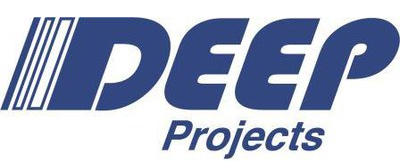
DEEP-SEA releases software stack at the end of project term
After a three-year project term, DEEP-SEA and the SEA projects have come to an end. The three projects have successfully realised the Modular Supercomputing Architecture (MSA) and DEEP-SEA has released its highly efficient, easy-to-use software stack to the European HPC community.
After a project term of three years, DEEP-SEA, IO-SEA and RED-SEA, have come to an end. The three SEA projects worked together to develop key technologies for European Exascale supercomputers. The main focus of their work was the creation of the Modular Supercomputing Architecture (MSA) for supercomputers. The MSA was designed as a blueprint architecture for highly efficient and scalable heterogeneous Exascale HPC systems. In order to realise it, the three projects collaborated on system software and programming environments, data management and storage, as well as interconnects.
While IO-SEA prototyped a novel data management and storage platform and RED-SEA prepared the next generation of the European BXI (Bull eXascale Interconnect) and its related software stack, DEEP-SEA focused on the programming environment and the HPC software stack. The integrated SW stack developed and now fully released by DEEP-SEA is one of the key results of the projects, alongside the establishment of the MSA in large, operational systems like Jülich Supercomputing Centre’s (JSC) JUWELS system and the MeluXina system in Luxembourg, and soon in the JSC’s JUPITER system. The stack integrates “best of breed” programming models, APIs, tools and libraries that are also relevant for non-modular HPC systems. In particular, the abstraction of optimisation cycles, the support of hierarchical storage systems and the use of modern CI/CD techniques will bring direct benefits for such systems. This also applies to the pioneering work in the area of malleability.
All links to the software stack can now be found in the software section of this website. All except three of these components are freely available under open-source licenses.


